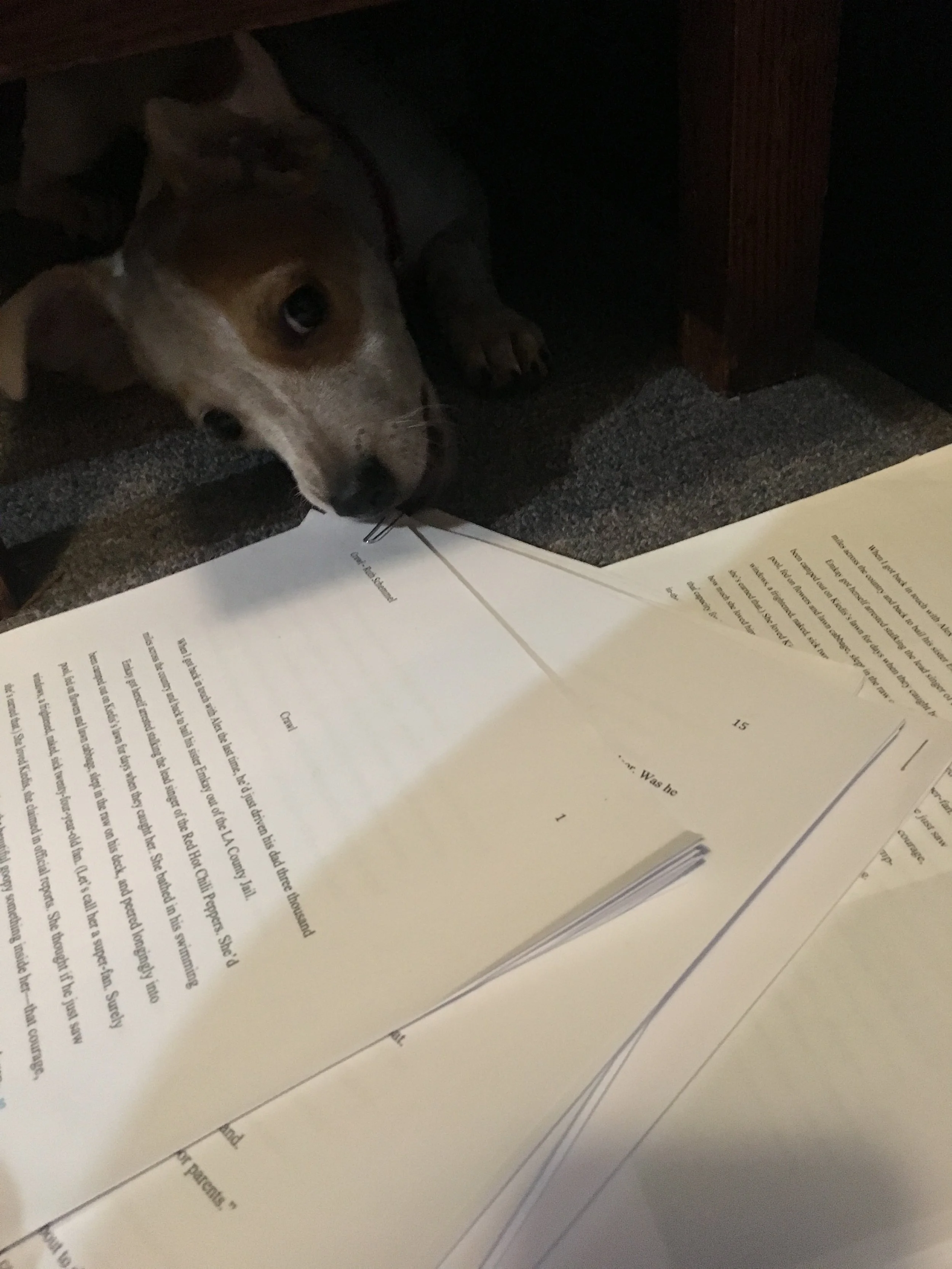
Fiction
-
“Where’s the other instructor, the boy?” Renee said. It was day one of Women’s Wellness Camp, which Renee had embarked upon in hopes of having a young man’s hands on her body, even if it was for some instructive purpose like correcting her stroke, but the firm young college student she’d envisioned teaching her to kayak—the one she’d seen, in fact, on the website and knew to be real—was not to be found on the dock.
-
Sabra Zornes had no intention of attending her ex-husband’s engagement party, but at the last second she slipped a smiley-face emoji into her no-thank-you text. He texted back immediately. Would she agree to meet with him, just once? It didn’t matter where. Call him—they’d set it up. He needed her advice: his oldest friend. “Saw you on the ‘Gram,” he added. “You changed your hair. Sexy.” And there it was: the world, the man, the morass she’d left behind.
-
“Hey there, I’m not here to sell you anything. . . .”
The salesman sticks a foot in the door before Abby can close it. Why, she thinks, did I open the door in the first place?
-
“You know why we wear lipstick, don’t you?” Aubrey for some reason finds herself saying. “Makes men think of vulvas.”
-
When I got back in touch with Alex the last time, he had just driven his dad three thousand miles across the country and back to bail his sister Emkay out of the LA County Jail.
-
“I’m going to need to return a piranha,” Zeirna Brinck said to the man at Red C Exotics.
-
“My two girls are home!” my mother exclaimed, shuffling across the linoleum to give my sister Celeste and me big showy kisses.
-
This is the story I wanted to tell you when you called that time from the airport and it sounded like you were crying, only I had someone over, and I’m pretty sure you heard him, because he made a point of saying something in a voice about four octaves lower than usual and really projecting, the way guys do when they can tell it’s an ex-boyfriend on the line. I know why you called. It was about your dad dying, which made you sad, and at the airport where you had a layover in a city where you didn’t know anyone they were playing Muzak Christmas songs, and you thought of me and thought: there’s someone. And you’re right: there I was. I mean, I was there, on the other end of the line. Physically.
Read the story
Creative Nonfiction
-
My interest in birds begins with a flicker. With two flickers: medium-sized birds of the woodpecker family, though I don’t know this at the time. I’m alone with my dogs in the living room when they erupt from the fireplace. They fill the room with wilderness: with wingbeats and flapping, voiceless commotion. They bang against windows, knock into furniture. One flies straight to the skylight and batters itself against the glass.
Escape, he is thinking. Open sky.
-
One—As Is
After my father died, my sister and I thought, Now my mother can start living. Time for her second act, the one we always knew she had in her.